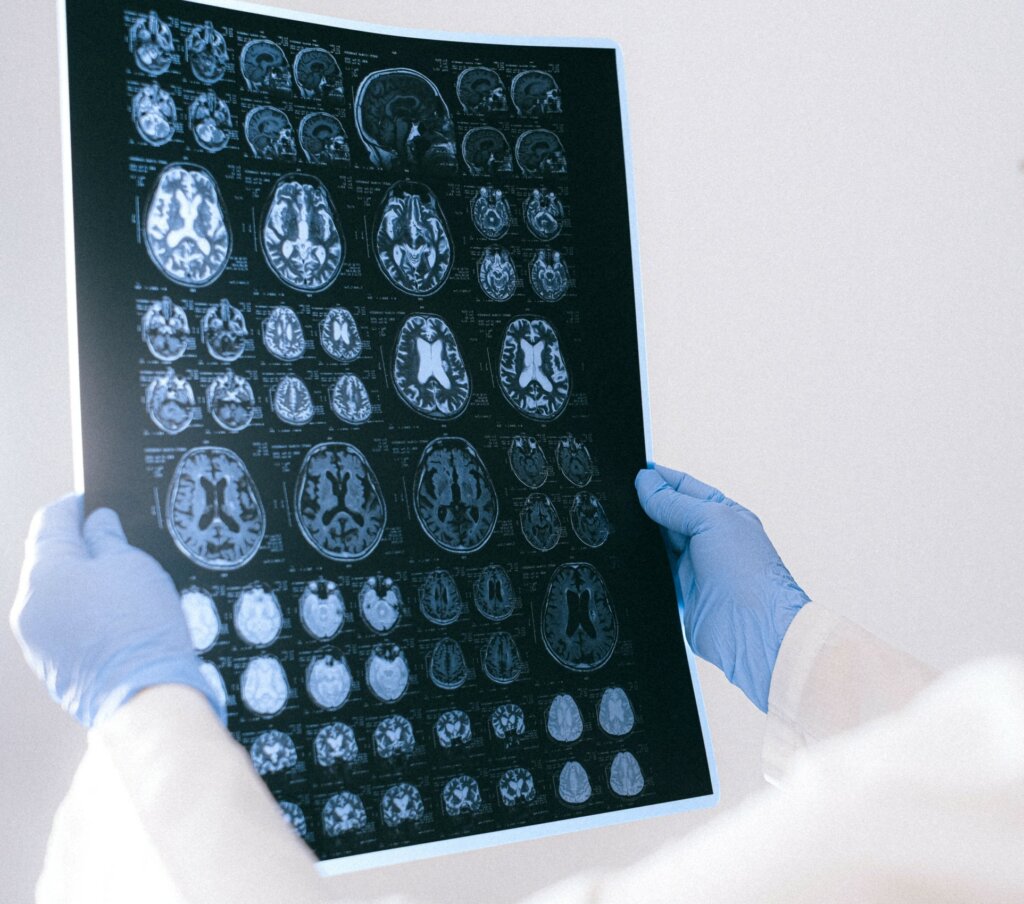All Information Sheets are provided for information purposes only, and do not represent advice, an endorsement or a recommendation, with respect to any product, service or business, and/or the claims and properties thereof, by Brain Tumour Foundation of Canada. Always consult your health care team if you have questions about your medical care and treatment options.
Get Involved
There are so many ways you can help make a difference in the lives of patients and families today.









